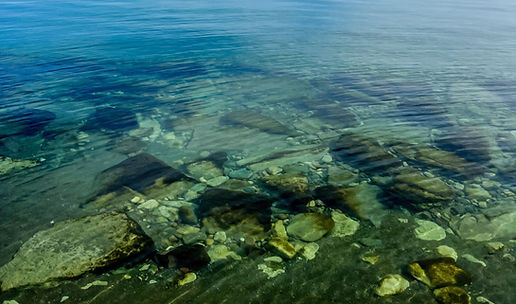
Whether we know it or not, we all live in a watershed. The raindrops that fall
in our lawns, fields, woods and pastures ultimately either replenish an
aquifer or flow into a creek or stream. As a result, the actions we take and the decisions we make with how we use, manage, conserve and value water impact the needs of those downstream, including our fish and wildlife. Our aquifers, springs, creeks, rivers, and lake waters need us more than ever.

Upcoming Event
Great Lakes Watershed Clean-Up - West Niagara
Proudly organized by the Rotary Club of Grimsby, in partnership with the Rotary Club of Lincoln, we are gearing up again this year for another incredible day of cleaning up our watersheds to protect our environment and preserve our precious ecosystems.
WHEN: Saturday, May 11, 2024 from 10AM-12PM
GRIMSBY
Meeting point & registration/briefing: Livingston Community Center, 18 Livingston Avenue
LINCOLN
Meeting point & registration/briefing: Rotary Park, 5020 Serena Drive
Learn About Watersheds
The Great Lakes contains almost 20% of the world’s fresh water and is arguably the largest source of fresh water on the planet. It borders eight states and two provinces and has 9,577 miles (15,323 kilometers) of shoreline.
Trash, plastics, and other littered items plague our waterways. This trash poses a threat to terrestrial and aquatic life, often becomes micro-plastics and harmful toxins, and pollutes one of the most precious and limited natural resources. Shopping carts, tires, furniture, trash, foam cups, plastic containers, and aluminum cans contaminate our waterways and green-ways. More than 22 million pounds (10 million kilograms) of trash and plastic pollution ends up in the Great Lakes each year.
Cleanups from numerous NGO’s, community groups, and individual volunteers are critical to reducing the amount of garbage that collects in our watersheds each year.
Join us Saturday, May 11, to
clean up our communities,
a part of our
shared
watershed!






